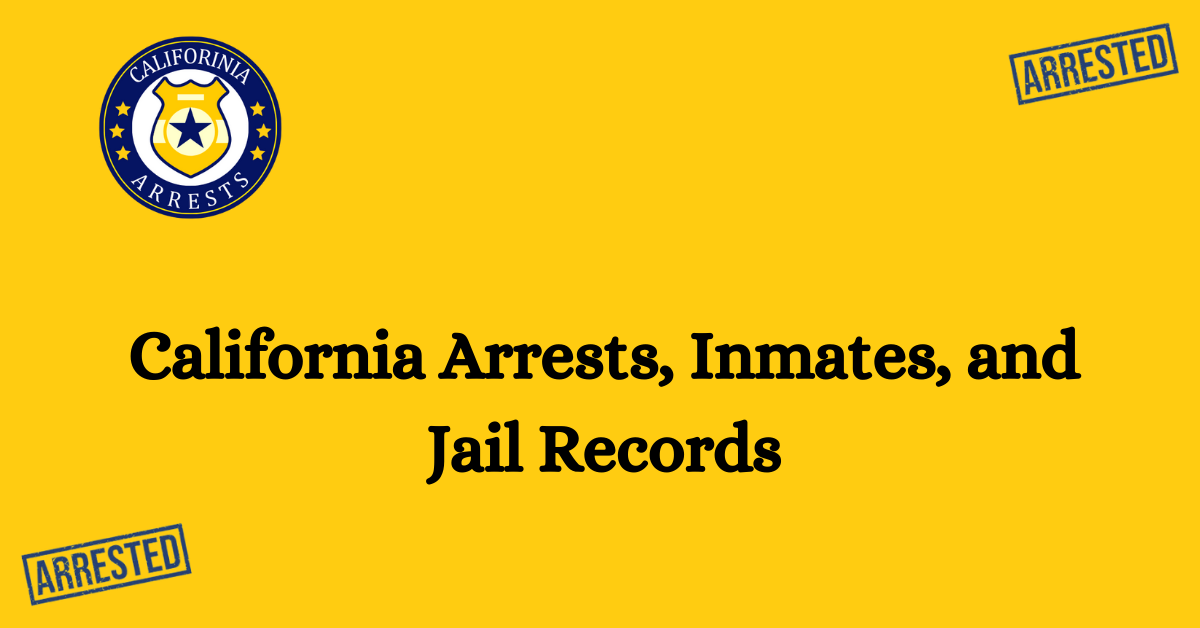Arrests can happen at any time, but what exactly does it mean when someone is arrested within a 24-hour period? The term "24 hour arrests" refers to the legal process where an individual is taken into custody and processed within a single day. This article will provide an in-depth analysis of the concept, its legal implications, and the procedures involved.
Arrests are a critical component of the justice system, ensuring that individuals accused of crimes are held accountable. Understanding the mechanics of a 24-hour arrest is essential, especially for those who may find themselves or their loved ones in such situations. This guide aims to clarify the complexities of the legal process surrounding these arrests.
Whether you're a legal professional, a concerned citizen, or someone seeking knowledge about your rights, this article will serve as a valuable resource. We'll explore the nuances of 24-hour arrests, including the legal framework, procedures, and potential consequences.
Read also:Unveiling The Extraordinary Journey Of Frederick Dump
Table of Contents
- What is 24 Hour Arrests?
- Legal Framework of 24 Hour Arrests
- Arrest Procedures Within 24 Hours
- Rights of the Arrested Person
- Common Causes of 24 Hour Arrests
- Legal Consequences of 24 Hour Arrests
- Impact on Personal Life
- Role of Law Enforcement
- Defending Against Charges
- Conclusion and Call to Action
What is 24 Hour Arrests?
The term "24 hour arrests" refers to situations where an individual is detained and processed within a 24-hour timeframe. This process typically begins with the arrest and includes booking, charging, and possibly a preliminary court appearance. It is a swift legal procedure designed to ensure prompt action in cases where time is of the essence.
Such arrests often occur in scenarios involving serious crimes, public disturbances, or situations where immediate legal intervention is necessary. Understanding the specifics of a 24-hour arrest is crucial for anyone navigating the legal system or seeking to protect their rights.
Legal Framework of 24 Hour Arrests
Laws Governing Arrests
The legal framework surrounding 24-hour arrests is governed by both federal and state laws. These laws outline the procedures that law enforcement must follow when making an arrest. Key elements include:
- Probable cause for arrest
- Procedures for booking and charging
- Timeframes for initial court appearances
Miranda Rights
Under the U.S. Constitution, individuals arrested within a 24-hour period are entitled to their Miranda rights. These rights ensure that the arrested person is informed of their legal protections, including the right to remain silent and the right to an attorney.
Arrest Procedures Within 24 Hours
The process of a 24-hour arrest involves several critical steps. These include:
- Initial detention and transportation to a police station
- Booking procedures, including fingerprinting and photographing
- Charging the individual with the alleged offense
- Scheduling a preliminary court appearance
Each step is crucial in ensuring that the legal process is followed correctly and that the rights of the arrested individual are protected.
Read also:Cerritos Mall Black Friday Hours Your Ultimate Guide To Shopping
Rights of the Arrested Person
Individuals subjected to 24-hour arrests have specific rights that must be upheld. These include:
- The right to legal representation
- The right to a fair and speedy trial
- The right to contact a family member or attorney
Understanding these rights is vital for anyone facing such a situation, as it empowers them to navigate the legal system effectively.
Common Causes of 24 Hour Arrests
Criminal Offenses
24-hour arrests are often associated with serious criminal offenses, such as:
- Assault and battery
- Drug-related crimes
- Domestic violence incidents
Public Safety Concerns
In some cases, arrests within a 24-hour period are made due to public safety concerns. This may include situations where an individual poses a threat to themselves or others. Law enforcement agencies have the authority to act swiftly in these scenarios to ensure community safety.
Legal Consequences of 24 Hour Arrests
The legal consequences of a 24-hour arrest can vary depending on the nature of the offense and the jurisdiction. Potential outcomes include:
- Bail hearings and pretrial release
- Criminal charges and potential sentencing
- Long-term implications for the individual's criminal record
It is essential for those involved to seek legal counsel to understand the potential ramifications of their case.
Impact on Personal Life
Being arrested within a 24-hour period can have significant implications for an individual's personal and professional life. These may include:
- Strain on family relationships
- Loss of employment opportunities
- Reputation damage within the community
Addressing these challenges requires proactive measures, including legal support and community resources.
Role of Law Enforcement
Law enforcement agencies play a critical role in the execution of 24-hour arrests. Their responsibilities include:
- Investigating and gathering evidence
- Ensuring compliance with legal procedures
- Protecting the rights of all parties involved
Effective communication and transparency are essential in maintaining public trust and upholding justice.
Defending Against Charges
For individuals facing 24-hour arrests, building a strong defense is crucial. Strategies may include:
- Hiring a qualified criminal defense attorney
- Gathering evidence to refute charges
- Exploring plea bargain options
Seeking professional legal advice is the first step in crafting an effective defense strategy.
Conclusion and Call to Action
In conclusion, understanding the intricacies of 24-hour arrests is essential for anyone navigating the legal system. From the legal framework to the rights of the arrested individual, this guide has provided a comprehensive overview of the topic. If you or someone you know is facing such a situation, it is crucial to seek legal assistance promptly.
We invite you to share this article with others who may benefit from the information provided. Additionally, feel free to leave comments or questions below. For more resources on legal topics, explore our other articles on the website.
Data and statistics referenced in this article are sourced from reputable legal databases and government publications, ensuring the accuracy and reliability of the information presented.



